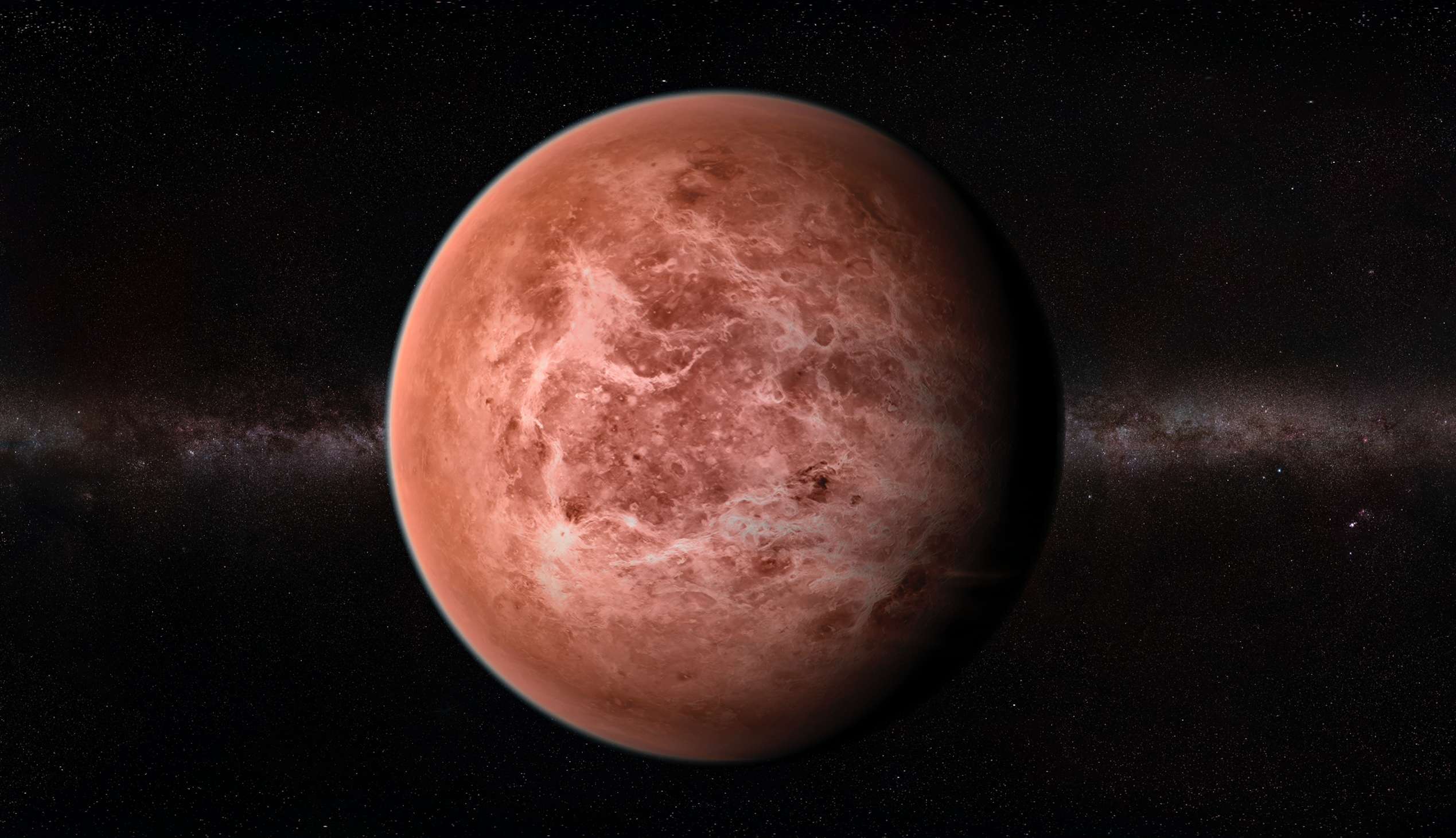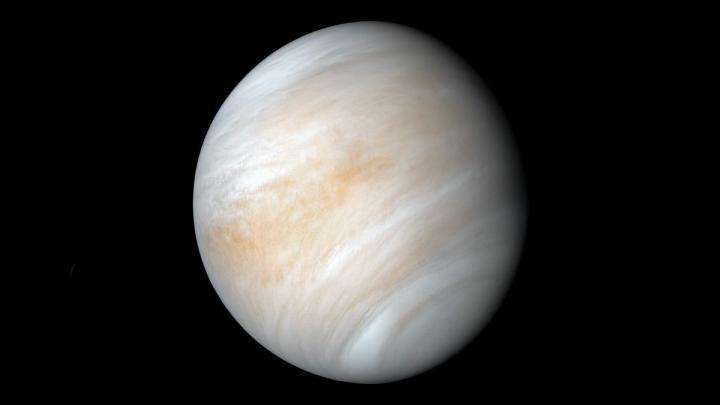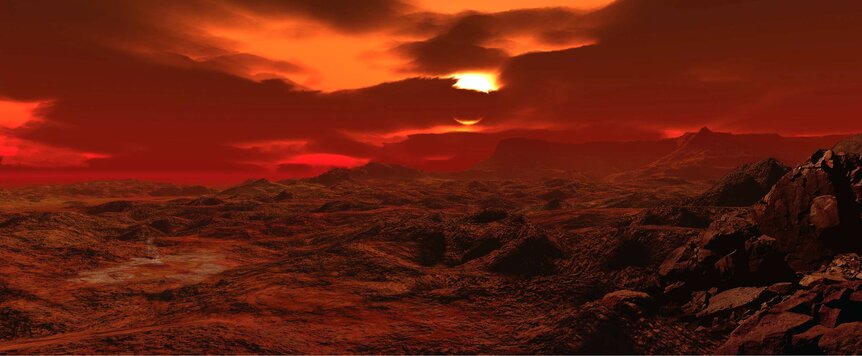Create a free profile to get unlimited access to exclusive videos, sweepstakes, and more!
Exactly how long is a Venusian day? New radar tests precisely measure the mystery

Despite being right next door, Venus is somewhat of a mysterious neighbor and much of its complex evolution and harsh atmospheric makeup are still being revealed via targeted NASA probes and international spacecraft.
However, the clouds of secrecy surrounding Venus are slowly starting to clear with new observations and experiments by a team of researchers at UCLA intended to accurately measure the precise length of a single Venusian day.
To obtain the specific number, as well as the tilt of its axis and core size, scientists repeatedly bounced radar off the planet's surface over a period of 15 years to reach their conclusions, which were published last week in the online journal Nature Astronomy.
"Venus is our sister planet, and yet these fundamental properties have remained unknown," said Jean-Luc Margot, a UCLA professor of Earth, planetary, and space sciences who headed up the research.
These estimated radar measurements, averaged from data that could change up to 20 minutes per reading, indicate that one average day on Venus lasts 243.0226 Earth days, which is approximately two-thirds of an Earth year.
Venus and Earth have many common traits with both being rocky planets that share almost identical size, mass, and density. But that’s where the similarities end, as each one took some serious formational detours, divergent paths that might be exposed with new critical knowledge like exactly how many hours comprise a Venusian day.
To collate this illuminating data, the UCLA group aimed radio waves at Venus 21 times from 2006 to 2020, employing the 70-meter-wide Goldstone antenna in California's Mojave Desert. Radio echoes were detected at Goldstone and West Virginia’s Green Bank Observatory.
Understanding Venus’ internal structure can ignite fresh theories on how the planet evolved, including records of volcanic activity and the ravages of time on its surface. Measurements of its movement can also aid in any planned landing attempts in the future, whether manned for unmanned.
"Without these measurements, we're essentially flying blind,” said Margot. “That probably explains why previous estimates didn't agree with one another.”
Blame Venus’ thick atmosphere on the scattered spinning variations, an opaque feature whose density interacts with solid ground and constantly alters the speed of the planet’s rotation. With an atmosphere 93 times greater than Earth’s, the effect on its length of day is significant.
UCLA’s team concluded that Venus leans to one side by precisely 2.6392 degrees, as compared to Earth’s more radical tilt of 23 degrees. Repeated radar measurements also reported the super slow speed at which the orientation of Venus' spin axis changes. Earth’s "precession" takes roughly 26,000 years to cycle around once. Venus’ rate takes 29,000 years.
By compiling these careful measurements of Venus’ spin rate, Margot and his team calculated that the planet's core (whether liquid or solid) is nearly 3,500 kilometers across, which is actually very close to Earth’s.
"We use Venus as a giant disco ball with the radio dish acting like a flashlight and the planet's landscape like millions of tiny reflectors,” Margot notes. "We illuminate it with an extremely powerful flashlight — about 100,000 times brighter than your typical flashlight. And if we track the reflections from the disco ball, we can infer properties about the spin [state]."
The method sees the Goldstone antenna record the echo first, before Green Bank observes it 20 seconds later. That specific delay allows for a unique snapshot showing scientists how fast Venus is spinning, while the exact window of time where echoes seem most alike reveals the planet's particular tilt.
"We found that it's actually challenging to get everything to work just right in a 30-second period," Margot concluded. "Most of the time, we get some data. But it's unusual that we get all the data that we're hoping to get."




























